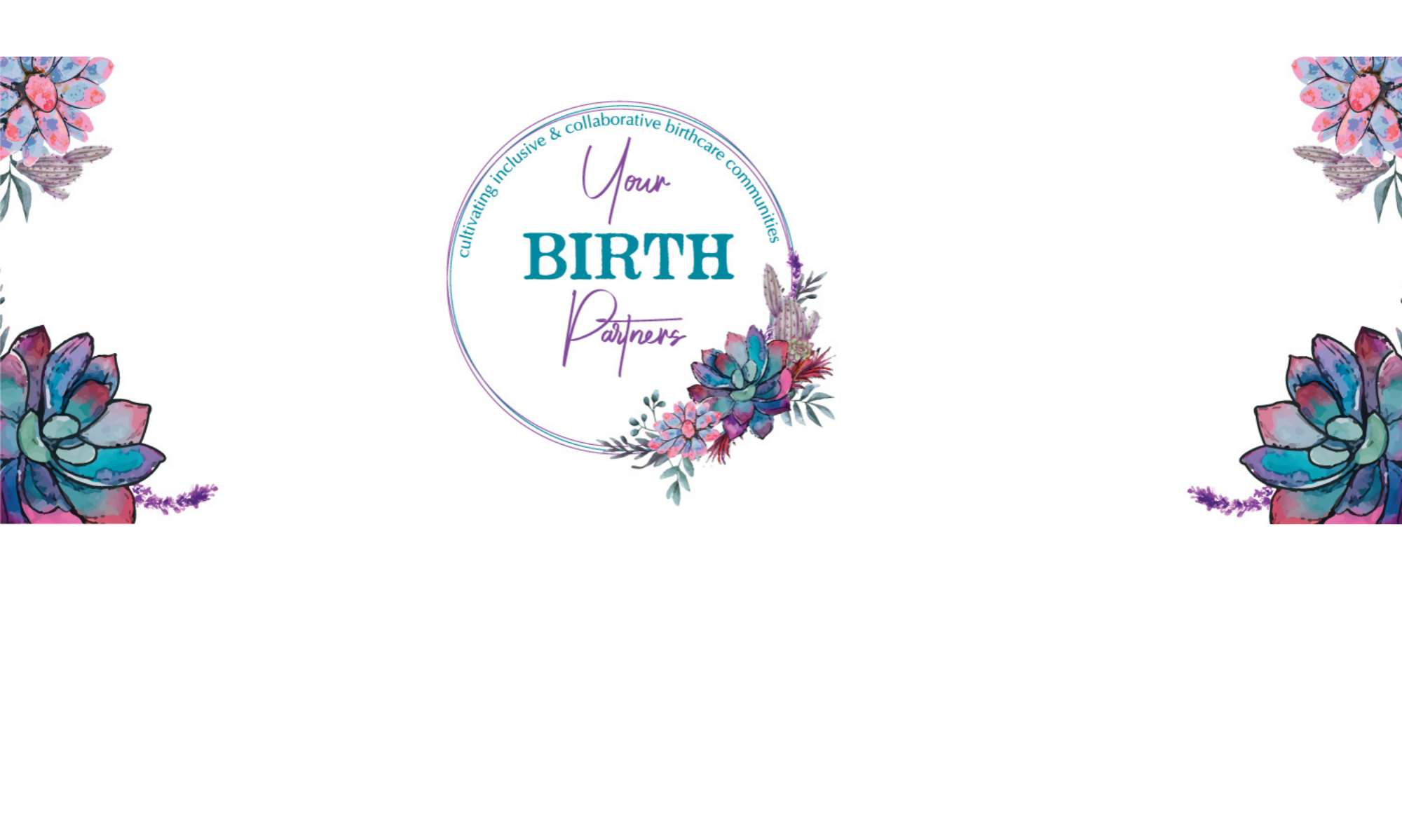Labor and delivery nurses have a huge opportunity to connect with birthing families and support them through one of the most monumental transitions of their life. How are we leveraging this position and power to create better birthcare experiences?
Please join us in conversation with Mandy Irby of The Birth Nurse and Paula Richards to breakdown some of the challenges we face in the day to day reality of delivering perinatal care that does not always match up with the impact we want to have as nurses.

Mandy Irby, RNC-OB 
Paula Richards, RNC-OB 
Maggie Runyon, MSN, RNC-OB
Mandy (she/her) is a board certified labor nurse with 12 years of experience supporting survivors of assault and trauma through pregnancy, birth planning, and at their bedside during childbirth and pregnancy loss. After experiencing her own birth trauma, she quickly learned that the birth care system is NOT centered on human rights, patient choice, and the individual human experience. In 2020, Mandy made education a full-time career. She now teaches and supports parents and nurses how to better center voice, choice, and physiology in birth. It’s Mandy’s mission to change birth culture so that it’s parent-centered, trauma-informed, and safe – for everyone. When we’re not in total lockdown, Mandy enjoys teaching L&D units in-person Peanut Ball, Labor Support Skills and Trauma-Informed Care At the Bedside workshops. She also supports local parents with small-group Spinning Babies® Parent Classes when in-person learning is safest. Mandy is also an international educator through her online, on-demand childbirth ed classes and she supports anxious parents-to-be with virtual, one-on-one trauma-informed birth strategy sessions. She’s the co-founder of Fearless Birth, Delivered, founder and owner of The Birth Nurse®, and a proud co-creator of the BRAND NEW Trauma-Informed Birth Nurse Program. As a creative educator, Mandy is also the co-author of an Amazon-best seller VBAC book, Baby Got VBAC, and reaches millions of viewers each month through her very engaged, tongue-in-cheek social media platforms. Follow Mandy on instagram and facebook.
Paula (she/her) is a human who has been answering “What are you?” since 1993. Paula has four offspring, two dogs, 15 years acute care OB experience, a love of expletives and run-on sentences, a master’s degree in nursing with focus in education, specialty nursing certifications in Electronic Fetal Monitoring and Inpatient Obstetrics, and permission to teach a variety of things from the Association of Women’s Health, Obstetric, and Neonatal Nursing (AWHONN), the American Academy of Pediatrics, the STABLE Program® and Evidence Based Birth®. She grounds her consumption of nursing theory and research by continuing to provide care as a bedside labor nurse, preferably on night shift, and likes to nerd out about birth justice and being a nurse on instagram.
Nurses must learn how to hold space…right?
Well…we do and we don’t.
Join Mandy, Paula, & Maggie this week as we explore:
~What it means for us to hold space…and how we found our way there
~Discrepancy between vision, training, and practice
~How productivity and outcomes are valued over patient experience
~Role of mentors in questioning the status quo
~The repercussions of centering pathology instead of physiology in OB nursing
~How nursing power is subverted
~Our vision for learning to harness nursing power to amplify the power of birthing people
This is such a rich episode as we dive into so many of the pieces of our work that aren’t easy or comfortable, and so many of the ways nurses can affect change in birthcare.

Check out this episode’s full transcript or tune in wherever you enjoy podcasts.
We’d love to hear from you; join our community group to discuss!
Music from https://filmmusic.io
“Gonna Start” by Kevin MacLeod (https://incompetech.com)
License: CC BY (http://creativecommons.org/licenses/by/4.0/)
















